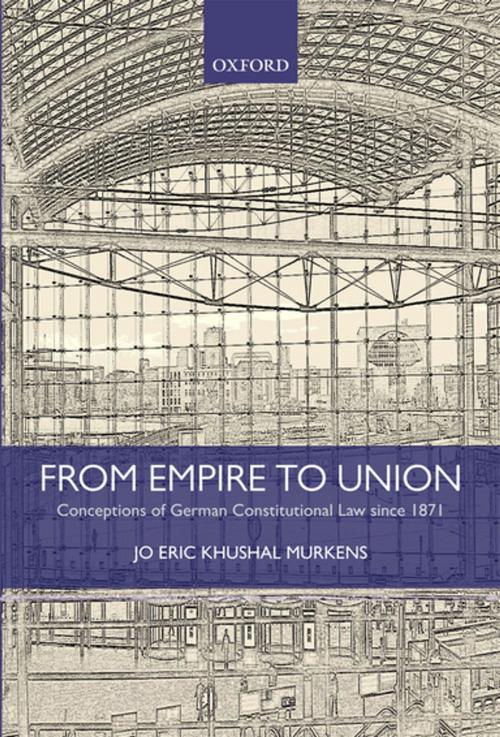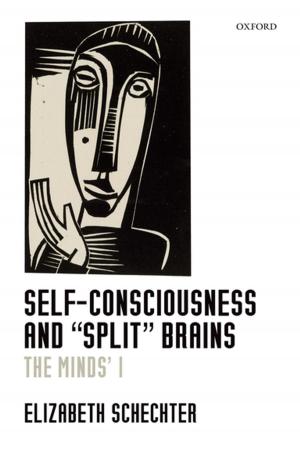From Empire to Union
Conceptions of German Constitutional Law since 1871
Nonfiction, Reference & Language, Law, Constitutional, Social & Cultural Studies, Political Science| Author: | Jo Eric Khushal Murkens | ISBN: | 9780191652011 |
| Publisher: | OUP Oxford | Publication: | January 17, 2013 |
| Imprint: | OUP Oxford | Language: | English |
| Author: | Jo Eric Khushal Murkens |
| ISBN: | 9780191652011 |
| Publisher: | OUP Oxford |
| Publication: | January 17, 2013 |
| Imprint: | OUP Oxford |
| Language: | English |
Germany has long been at the centre of European debates surrounding the modern role of national constitutional law and its relationship with EU law. In 2009 the German constitutional court voted to uphold the constitutionality of the Lisbon Treaty, but its critical, restrictive decision sent shockwaves through the European legal community who saw potential threats to further European integration. What explains Germany's uneasy relationship with the project of European legal integration? How have the concepts of sovereignty, state, people, and democracy come to dominate the Constitutional Court's thinking, despite not being defined in the Constitution itself? Despite its importance to the whole enterprise of the European Union, German constitutional thought has been poorly understood in the wider European literature. This book presents a historical account of German conceptions of constitutional law, providing the understanding necessary to see what is at stake in contemporary debates surrounding the constitution and the European Union. Examining the modern development of German constitutional thought, this volume traces the key public law concepts of state, constitution, sovereignty, and democracy from their modern emergence in the 19th century through to the present day. It analyses the constitutional relationship between Germany and the EU from a sociological and historical perspective, looking at how German constitutional law has conflicted and compromised with EU law, and the difficulties this has raised. Filling a significant gap in comparative constitutional law literature, this book provides an account of the major schools of German constitutional thought and their development. Against this backdrop it offers a fascinating insight into Germany's relationship with the European Union.
Germany has long been at the centre of European debates surrounding the modern role of national constitutional law and its relationship with EU law. In 2009 the German constitutional court voted to uphold the constitutionality of the Lisbon Treaty, but its critical, restrictive decision sent shockwaves through the European legal community who saw potential threats to further European integration. What explains Germany's uneasy relationship with the project of European legal integration? How have the concepts of sovereignty, state, people, and democracy come to dominate the Constitutional Court's thinking, despite not being defined in the Constitution itself? Despite its importance to the whole enterprise of the European Union, German constitutional thought has been poorly understood in the wider European literature. This book presents a historical account of German conceptions of constitutional law, providing the understanding necessary to see what is at stake in contemporary debates surrounding the constitution and the European Union. Examining the modern development of German constitutional thought, this volume traces the key public law concepts of state, constitution, sovereignty, and democracy from their modern emergence in the 19th century through to the present day. It analyses the constitutional relationship between Germany and the EU from a sociological and historical perspective, looking at how German constitutional law has conflicted and compromised with EU law, and the difficulties this has raised. Filling a significant gap in comparative constitutional law literature, this book provides an account of the major schools of German constitutional thought and their development. Against this backdrop it offers a fascinating insight into Germany's relationship with the European Union.















